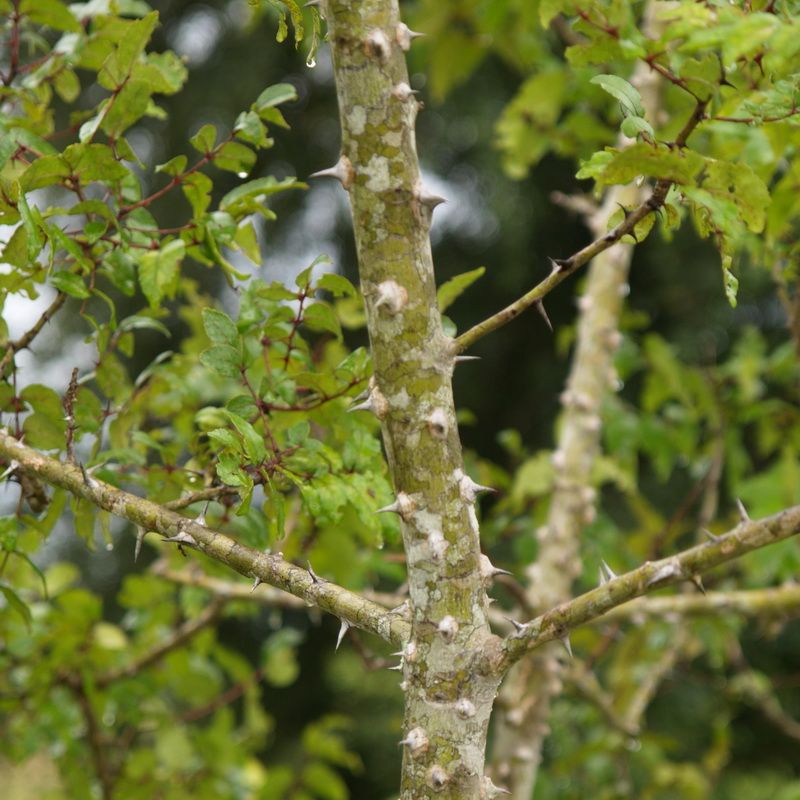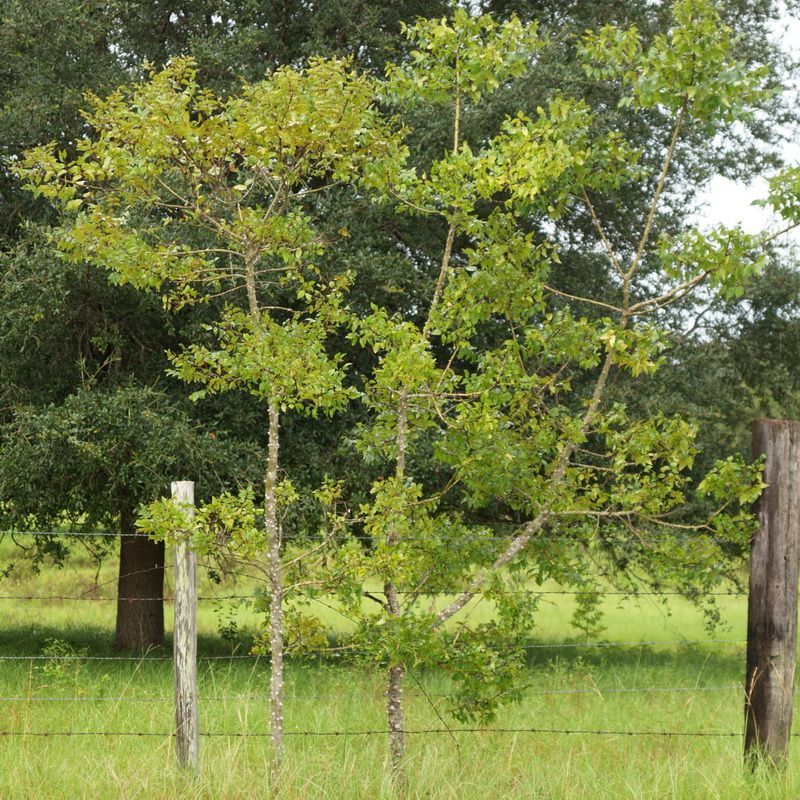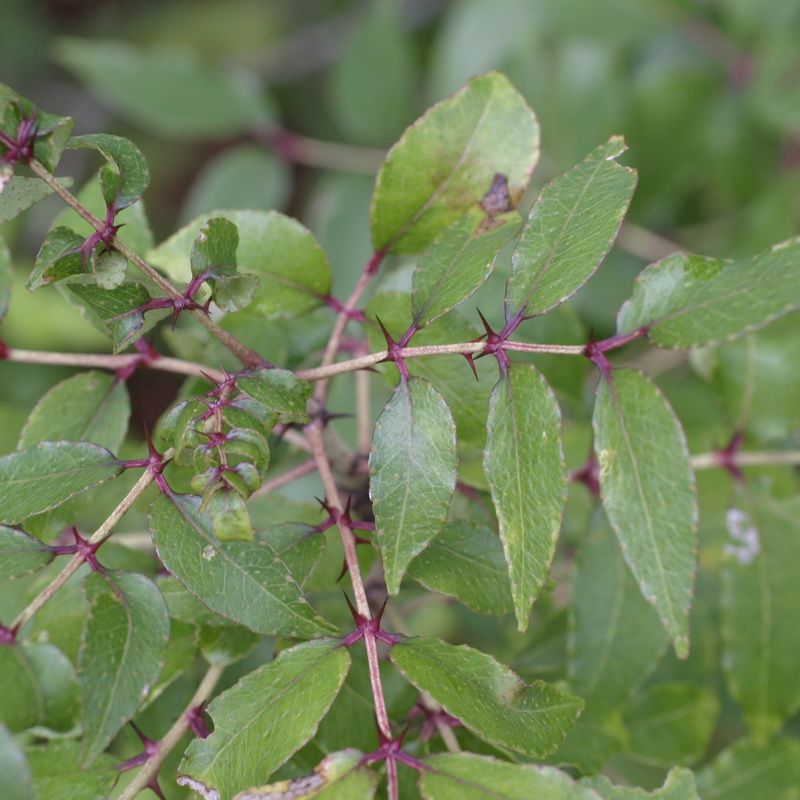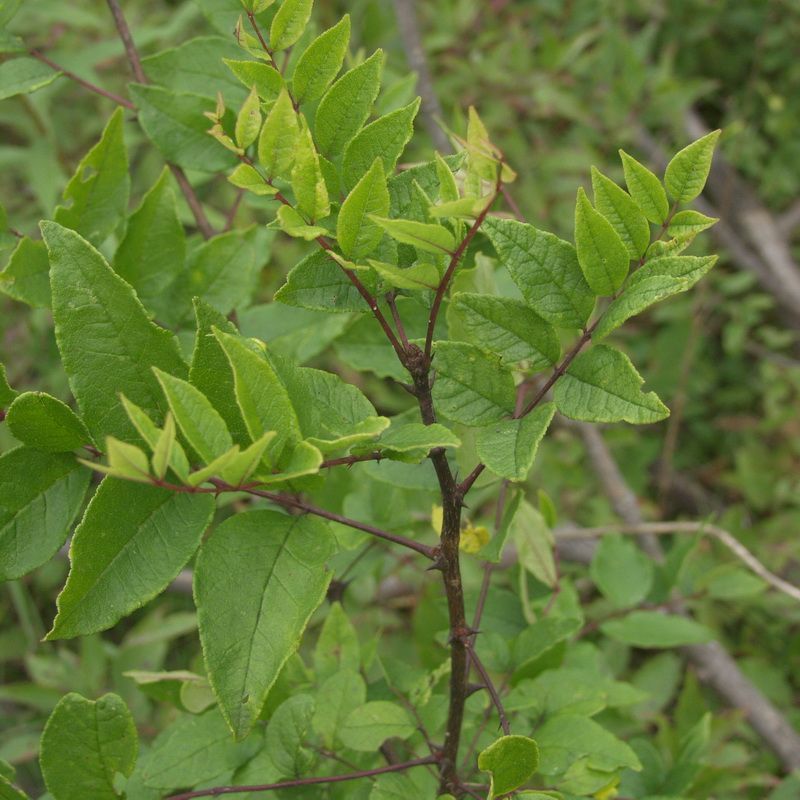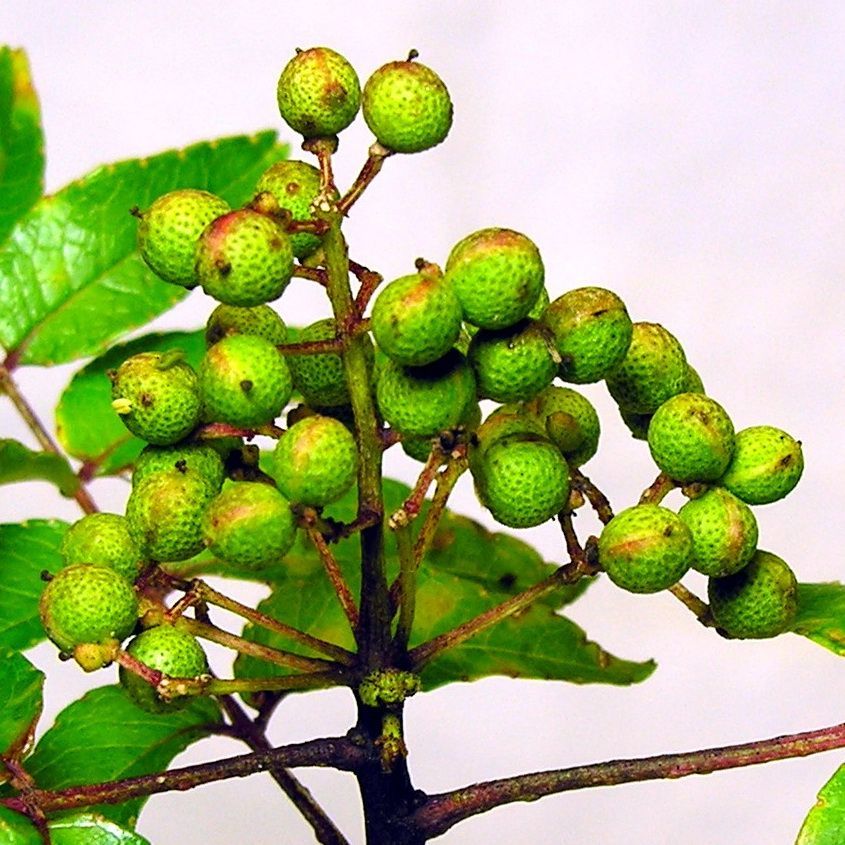FNPS Plant Database
Zanthoxylum clava-herculis
Nomenclature
Common Name:
Synonym(s):
Genus species:
Family:
Rutaceae
Plant Specifics
Form:
Size:
Life Span:
Long-lived perennial
Flower Color:
Fruit Color:
Phenology:
Noted For:
Landscaping
Recommended Uses:
Considerations:
Availability:
Propagation:
Light:
Moisture Tolerance:
Always Flooded---------------------------------Extremely Dry
□□□□□□□□□□□□□□□■■■■■■■■■■■■■■■■■■■■■□□□□□□
Usually moist, occasional inundation -to- Somewhat long very dry periods
Salt Water Flooding Tolerance:
Unknown
Salt Spray/Salty Soil Tolerance:
Moderate. Tolerant of salty wind and may get some salt spray
Soil or Other Substrate:
Sand, Clay, Loam
Soil pH:
Suitable to Grow In:
8A,8B,9A,9B

USDA zones are based on the average annual extreme minimum winter temperature.
Don't know your zone? Click here to search by zip code.
Vouchered In:
Ecology
Wildlife:
Larval host for giant swallowtail (Papilio cresphontes).
Birds and other wildlife eat the fruit.
Native Habitats:
Comments:
Ethnobotany:
General Comments:
Citations:
Institute for Regional Conservation. Accessed 2021. Natives for Your Neighborhood. https://regionalconservation.org/beta/nfyn/plantdetail.asp?tx=Zantclav.
Minno, Marc and Maria Minno. 1999. Florida Butterfly Gardening. University Press of Florida.
Tras, Pamela. 2001. Gardening for Florida's butterflies. Great Outdoors Publishing, St. Petersburg, FL.
Osorio, Rufino. 2001. A gardener's guide to Florida's native plants. University Press of Florida, Gainesville, FL.
Wunderlin, R. P, B. F. Hansen, A. R. Franck, and F. B. Essig. 2021. Atlas of Florida Plants ( https://florida.plantatlas.usf.edu/ ). Institute for Systematic Botany, University of South Florida, Tampa.




